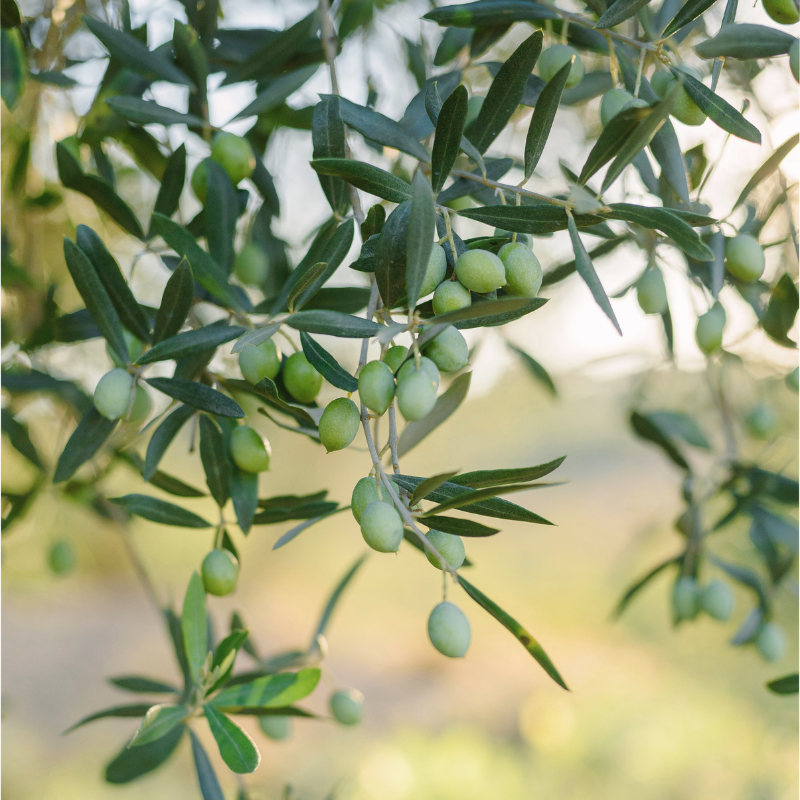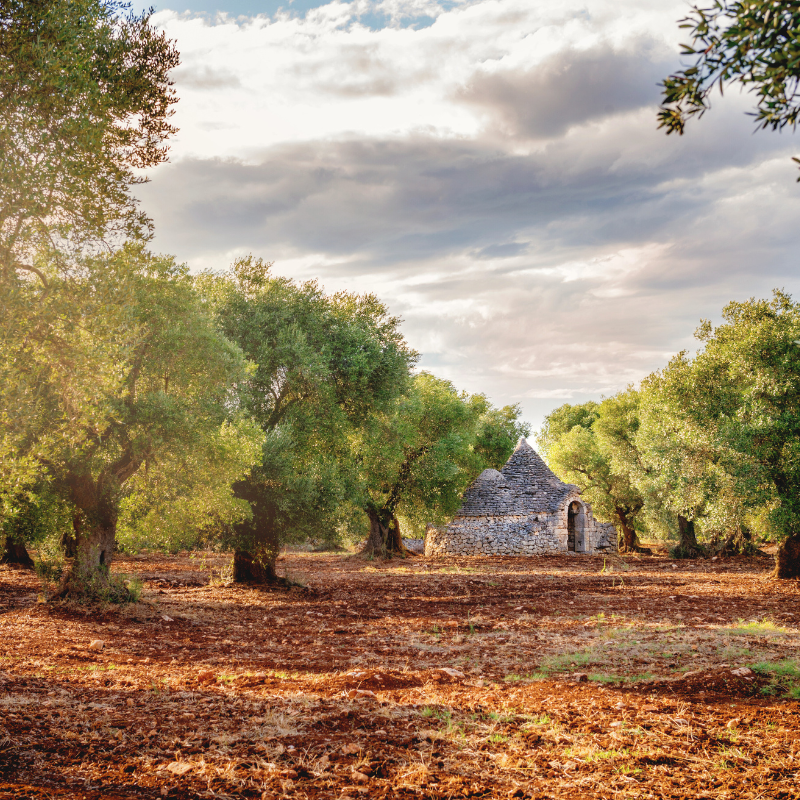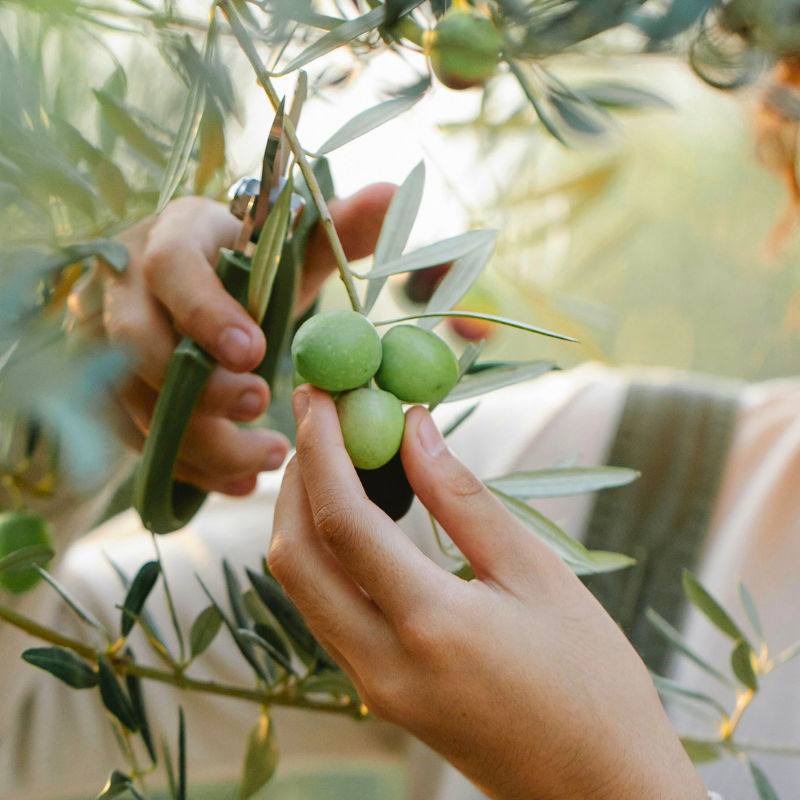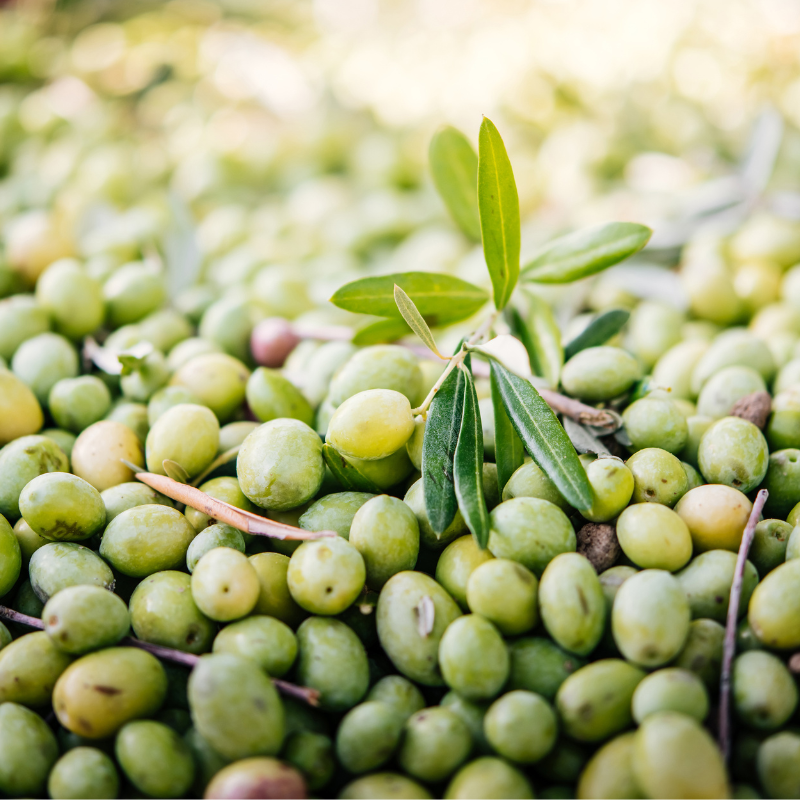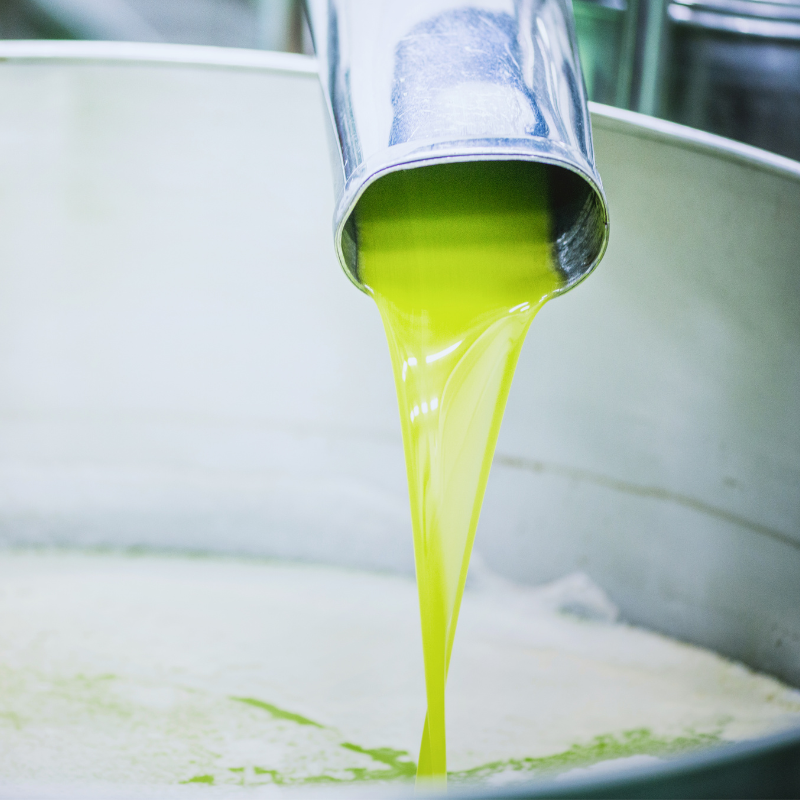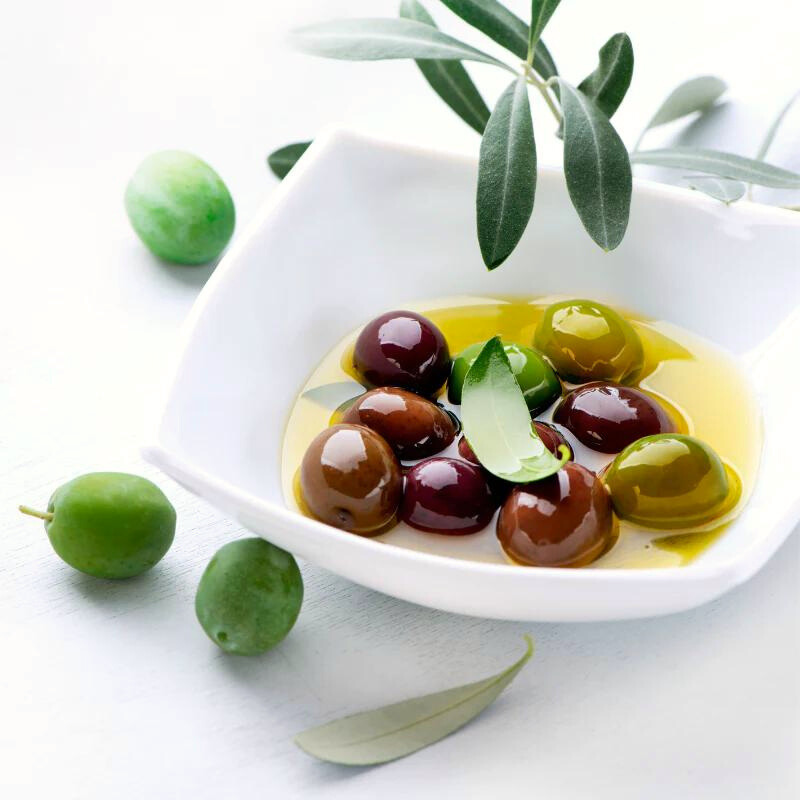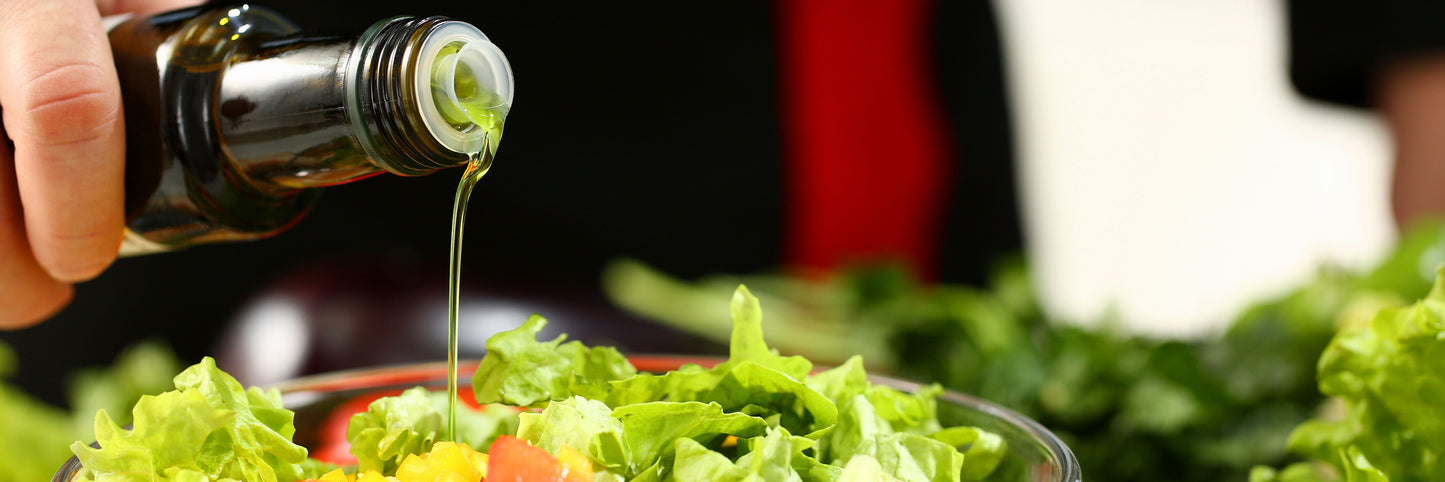

What is premium EVOO?
What is premium EVOO?
Fairly recent changes in milling technology, plus a better understanding of how olive oil defects are created, have led to the production of a new class of extra virgin olive oil. It has been called “Super Olio”, “Ultra Premium Olive Oil”, or simply “Premium” extra virgin olive oil. Regardless of what it’s called, it is the best of the best extra virgin olive oil that you can buy. While all extra virgin olive oil must meet certain chemical standards, and must be free of defects, those are fairly low standards in the world of Premium extra virgin olive oil.
For example, I have tasted many EVOOs that are free from defects but they are not harmonious, they are not complex, they do not blow me away. They’re kind of … meh. And you don’t want to pay top dollar for middling quality. Nor do the producers deserve top dollar for their product.
So how do the top producers make premium extra virgin olive oil?
It’s actually quite difficult.
First, nature must give them a good year—without hail, with the right amount of rain, not too hot, no late freezes, and relatively free from the olive fly.
Then, they must harvest early when the fruit is still green and just starting to turn.
And of course, use only healthy olives.
The premium milling process
They must be careful not to damage the fruit when they harvest. Many use a combination of mechanical and hand combs to gently comb the fruit out of the trees without damaging it. The fruit falls onto netting and is then gathered up, de-leafed and put into fairly small “cassettes”, plastic crates. The crates are relatively small so the olives on top don’t crush the olives under them and cause them to start fermenting. The crates are kept in the shade or another cool location until brought to the mill.
The olives must be milled within 8 hours from harvest, although many producers mill within 2 or 4 hours of harvest, particularly if they have their own mills.
The new mills are where the new premium EVOOs truly are created. Gone are the romantic days of huge granite wheels crushing the olives. The new mills “crush” the olives with rotating knives, which help prevent oxidation. This is the phase where much of the character of the olive oil emerges—where aromas of green almond, green tomato leaf, freshly cut grass and others develop.
In addition, the miller can increase flavor in the oil by modulating the speed of the crushing knives, the temperature of the malaxation—or kneading—of the olive paste (which changes based upon the olive varietal), and the duration of malaxation.
The new mills also protect the olives from oxygen, unlike the traditional granite crushing stones, which leads to oxidation of the oil and, ultimately, rancidity.
Following malaxation, the olive paste is spun in a centrifuge, which separates the olive oil “must” or juice from the olive pomace, or solids. The unfiltered olive oil is then separated from the olive vegetation water. Finally, the olive oil is filtered through several sheets of fine cellulose filter paper.
Why filter the olive oil?
An unfiltered olive oil contains pulp, pieces of pit and olive skins, which contain water, sugar and other substances that significantly accelerate the aging process of the oil. To be blunt: unfiltered olive oil goes bad very quickly. Don’t buy it.
The last step in the production of premium olive oil is storage and bottling. After filtering, premium EVOO is pumped directly into stainless steel tanks, which are topped with an inert gas such as nitrogen to prevent oxidation of the olive oil from contact with air in the tank. The tanks are stored in conditioned spaces so that the oil maintains an optimal temperature of 57 to 64 degrees Fahrenheit.
Premium packaging for premium EVOO
When a customer or importer such as Olioveto places an order, the producer bottles the EVOO into dark glass or ceramic bottles. Many also top the bottles with an inert gas so the oil in the bottle is not in contact with oxygen before it is opened.
Creating Premium extra virgin olive oil is a difficult and expensive process, but the olive oil is spectacular. It is fresh and expresses the true character of the particular olive oil varietal. It simply cannot be compared to other olive oils—even other extra virgin olive oils.
Olioveto respects the work of the producers in creating their extraordinary products by shipping and storing our EVOOs in temperature-controlled environments with very little light because heat, light and oxygen are the enemies of the premium EVOOs that Olioveto carries.

